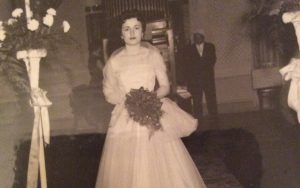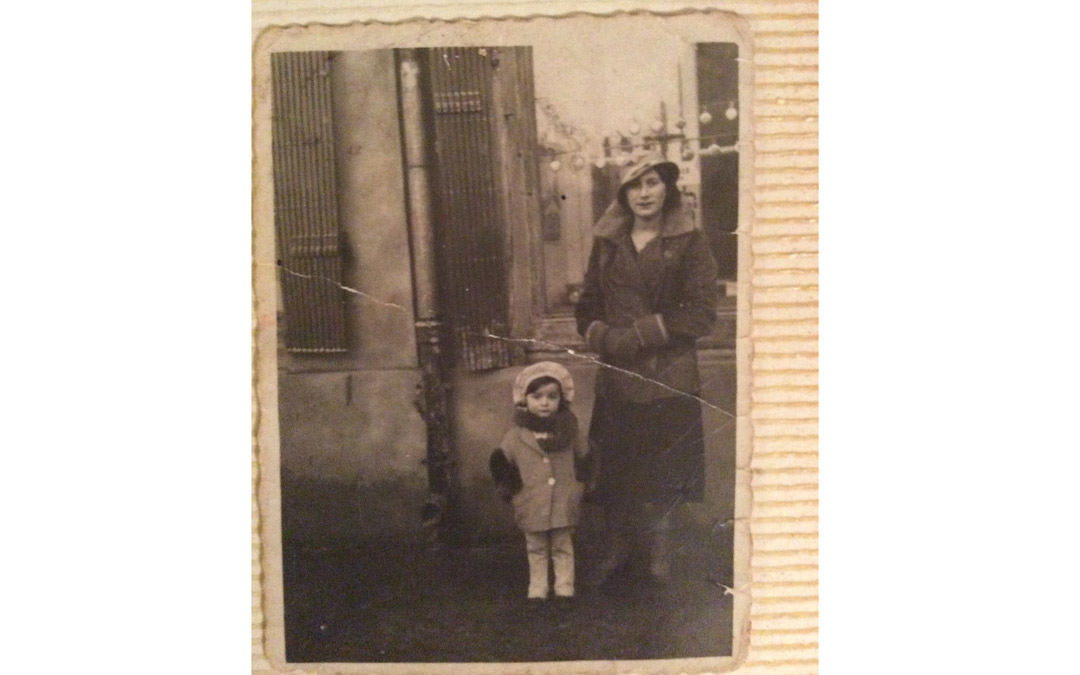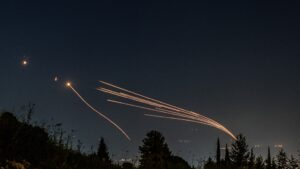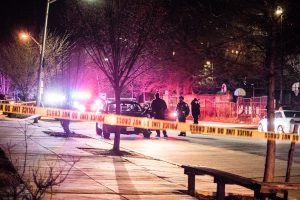When Sima Needleman married my mother’s brother, Dr. Richard Loebman, 65 years ago, nobody talked much about the war in Europe that she somehow survived. Even in mid-century America, the pain was still too fresh and raw to relive it.
In those days, the public schools — hell, even the Hebrew schools — didn’t talk about what happened to the Jews during the war.
My Aunt Sima was 88 when we buried her on Sunday, June 14, in an outdoor gathering limited to 20 people because of the coronavirus. Sima wouldn’t have minded the size of the crowd. She hated calling attention to herself.

In fact, it was only in recent years that she talked in detail, with the youngest of her four daughters, Elizabeth, about the war years. Liz recorded those conversations. They go about a dozen hours.
Sima was 6 when the war broke out in Europe and the organized humiliations started, followed by the mass killings. She and her parents made their way east out of Poland just in time, always a few steps out of reach of the German army. They landed ultimately in Siberia.
It was freezing there, and they were always hungry, but it felt relatively safe.
They made it there by freight car, truck, wagon and on foot. They made it by small bribery and pure chutzpah. They hid wherever they could. The running didn’t stop for seven years until the war’s end, and along the way fate played havoc in ways that even the Nazis couldn’t.
In the midst of all this chaos, Sima’s mother, Hilda, gave birth to a boy, George. And then, with their lives ever more imperiled, Sima’s father suffered a fatal heart attack.
In the tapes she made a few years ago, Sima’s voice is soft and unruffled. She adds no dramatic vocal affect to the ordeal. But even when the war ended, life was still dreary.
The three survivors landed in a Displaced Persons camp. At war’s end, there were millions across Europe who’d left their home countries. Many were survivors of concentration camps, slave laborers, prisoners of war. Most were malnourished, ill, emotionally traumatized. In the DP camps that sprung up after the war, survivors found food limited and armed guards all around. And they wondered where in the world they could go next.
In the midst of this, Sima’s mother made contact with America.

in the Bronx 65 years ago. (Provided)
Her late husband’s brother, Abe Needleman, had left Europe before the war. He lived in New York. He was now a widower with three young sons. Somehow, they managed to get papers allowing Hilda to go to New York to see if she and Abe might settle down together.
But no one had papers for Sima and her brother. So there she was, at 13, left behind in a miserable, chaotic DP camp, caring for little brother George.
It was six more months before they found papers to bring the two kids to the United States. Hilda and Abe married. Little brother George found three new brothers, Irv, Eddie and Stanley.
Sima met my Uncle Dick at a singles gathering in Tamiment, Pa. She’d learned English since the war’s end, one of half a dozen languages she could speak.
She was one of the kindest people I ever knew.
The war left her with the bare bones of a formal education, but she read encyclopedias to catch up. She and my uncle raised four daughters, Alexis Albert, Marcia Goldman, Erica Rothouse and Elizabeth Loebman. There are six grandchildren.
I can still recall Aunt Sima and Uncle Dick’s wedding. Sima was gorgeous. She entered this big hotel ballroom in the Bronx, emerging from behind a line of thin white screens, so you could only see her silhouette at first.
And then she came down the aisle, radiant, with the war behind her and the good years ahead.
I sat there with her brother, George. Her new brothers, Eddie and Stanley and Irv, were nearby. And my mother and father were there, and Abe and Hilda.
Irv and I are still here, but the others are all gone now.
At moments like this, we tell ourselves that people don’t really die, not if we remember them and keep them in our hearts. If we believe in heaven, then maybe they go there to some great alumni association of the living.
And Sima Loebman’s just now arriving, ready to see her Richard, and here come all the others who were there on her wedding day, and they’re saying, “We’ve been waiting for you.”
And she’ll go walking up an aisle, radiant as a bride.

A former Baltimore Sun columnist and WJZ-TV commentator, Michael Olesker is the author of six books, including “Front Stoops in the Fifties: Baltimore Legends Come of Age” (Johns Hopkins University Press).





